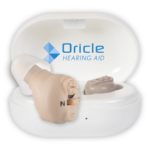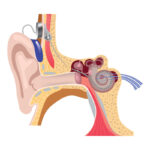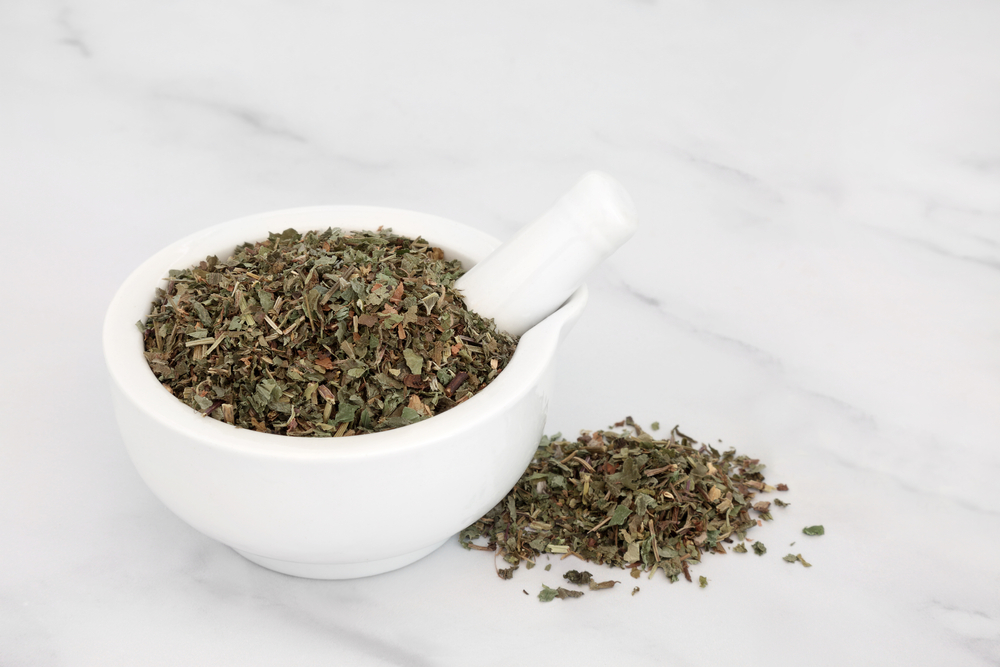Top Natural Remedies for Tinnitus and Sleep: A Comprehensive Guide
Tinnitus is a common condition that affects millions of people worldwide, causing a constant ringing, buzzing, or hissing sound in the ears. This can lead to sleep disturbances and even insomnia.
In this comprehensive guide, we will explore the top natural remedies for tinnitus and sleep, including lifestyle changes, herbal supplements, and relaxation techniques. By understanding the most effective solutions, you can finally achieve relief and enjoy a good night's rest.
Understanding Tinnitus and Sleep
Tinnitus is a subjective perception of sound in the ears or head without any external source. While the exact cause of tinnitus is not well understood, it is often associated with age-related hearing loss, exposure to loud noise, or certain medical conditions, such as Meniere's disease. Tinnitus can range from mild and infrequent to severe and constant, making it difficult to fall asleep, stay asleep, or enjoy a restful night's sleep. Consequently, addressing tinnitus and improving sleep quality is crucial for overall well-being.
Lifestyle Changes for Tinnitus Relief

1. Dietary Modifications
Certain dietary modifications can help alleviate tinnitus symptoms and promote better sleep. Avoiding stimulants, such as caffeine and nicotine, can reduce tinnitus-related anxiety and improve sleep quality. Limiting salt intake can also help, as excess sodium may exacerbate tinnitus by causing fluid retention in the inner ear. Additionally, eating a balanced diet rich in antioxidants, vitamins, and minerals can support overall health and well-being.
2. Exercise and Stress Reduction
Regular physical activity can help manage tinnitus by improving blood flow, reducing stress, and promoting relaxation. Aim for at least 30 minutes of moderate exercise, such as brisk walking, cycling, or swimming, most days of the week. It's also essential to engage in stress-reducing activities, such as yoga, tai chi, or meditation, to help manage tinnitus symptoms and support restorative sleep.
3. Sleep Hygiene
Establishing good sleep hygiene is crucial for combating tinnitus-related sleep disturbances. Follow these tips to create a sleep-conducive environment:
- Maintain a consistent sleep schedule, going to bed and waking up at the same time each day
- Create a relaxing bedtime routine, such as reading or taking a warm bath
- Make your bedroom cool, dark, and quiet
- Invest in a comfortable mattress and pillow
- Avoid screens and electronic devices at least an hour before bedtime
- Limit daytime napping to no more than 30 minutes
Herbal Supplements for Tinnitus and Sleep

1. Ginkgo Biloba
Ginkgo biloba, an herbal supplement derived from the leaves of the ginkgo tree, has been shown to improve tinnitus symptoms by increasing blood flow to the inner ear. Additionally, ginkgo may also promote relaxation and support healthy sleep patterns. Consult with your healthcare provider before starting any supplement regimen.
2. Melatonin
Melatonin is a hormone that regulates sleep-wake cycles and can help individuals with tinnitus fall asleep more easily. Studies have shown that melatonin supplementation can improve sleep quality in those suffering from tinnitus, particularly when taken about 30 minutes before bedtime. Always consult a healthcare professional before using melatonin to ensure proper dosage and safety.
3. Zinc
Zinc is an essential mineral that plays a role in various bodily functions, including the maintenance of a healthy immune system and proper hearing function. Some studies have suggested that zinc supplementation may help alleviate tinnitus symptoms, especially in individuals with zinc deficiency. However, it's essential to consult a healthcare provider before starting any supplement regimen to avoid potential risks and ensure appropriate dosages.
4. B-Vitamin Complex
B-vitamins, particularly B12, B6, and folic acid, play essential roles in maintaining healthy neurological function and reducing inflammation. Deficiencies in these vitamins have been linked to tinnitus and poor sleep quality. Taking a B-vitamin complex supplement may help alleviate tinnitus symptoms and support better sleep. Always consult a healthcare professional before starting any new supplement regimen.
Relaxation Techniques
1. Deep Breathing Exercises
Deep breathing exercises can help calm the nervous system, reduce stress, and promote relaxation. Practice diaphragmatic breathing by inhaling deeply through your nose, allowing your abdomen to rise, and then exhaling slowly through your mouth. Repeat this exercise for several minutes to help relieve tinnitus symptoms and improve sleep.
2. Progressive Muscle Relaxation
Progressive muscle relaxation (PMR) is a technique that involves tensing and relaxing muscle groups throughout the body to promote relaxation and reduce stress. Practice PMR before bedtime to help alleviate tinnitus symptoms and promote a restful night's sleep.
3. Sound Therapy
Sound therapy uses soothing sounds, such as white noise, pink noise, or nature sounds, to mask or distract from tinnitus. Using a sound machine, smartphone app, or wearable device, sound therapy can help individuals with tinnitus fall asleep more easily and improve overall sleep quality.
4. Mindfulness Meditation
Mindfulness meditation encourages individuals to focus on the present moment, helping to reduce stress and promote relaxation. Practicing mindfulness meditation before bedtime can help manage tinnitus symptoms and improve sleep quality.
Conclusion
Tinnitus can significantly impact sleep quality, making it essential to address both tinnitus symptoms and sleep disturbances. By implementing lifestyle changes, trying herbal supplements, and practicing relaxation techniques, individuals with tinnitus can achieve relief and enjoy better sleep. Remember to consult a healthcare professional before starting any new supplement regimen or making significant lifestyle changes.
Sources
Baguley, D., McFerran, D., & Hall, D. (2013). Tinnitus. Lancet, 382(9904), 1600-1607. [https://www.thelancet.com/journals/lancet/article/PIIS0140-6736(13)60142-7/fulltext]Coelho, C., & Tyler, R. (2016). Hyperacusis, sound annoyance, and loudness hypersensitivity in children. Progress in Brain Research, 227, 375-391. [https://www.sciencedirect.com/science/article/pii/S0079612316300917]







